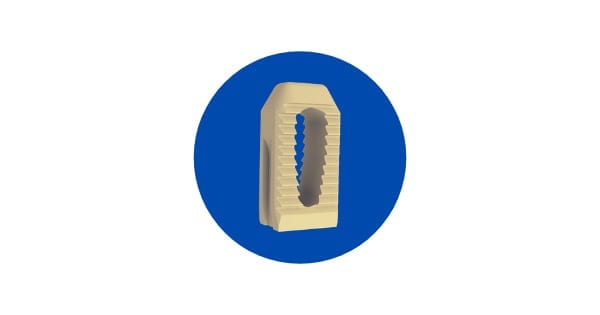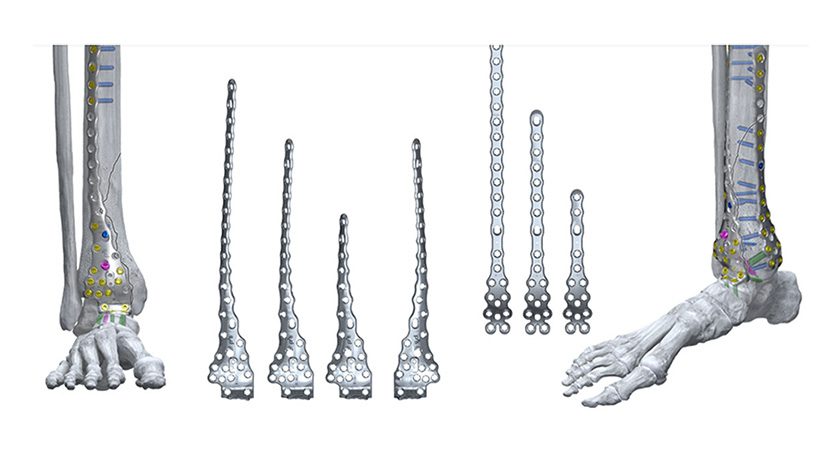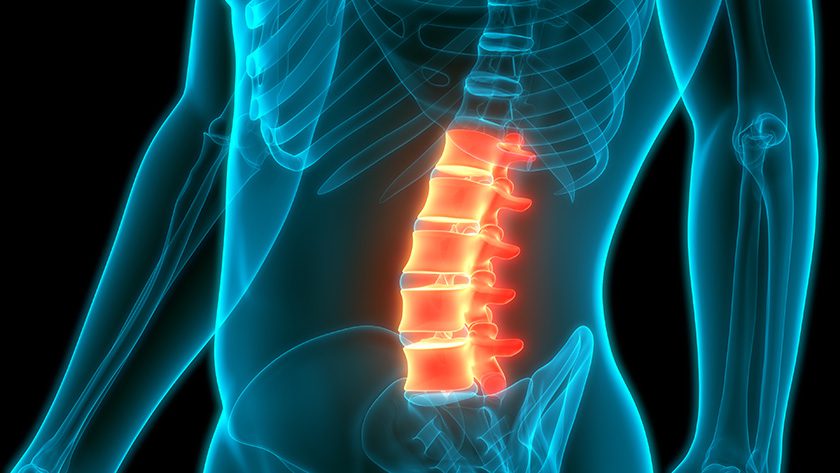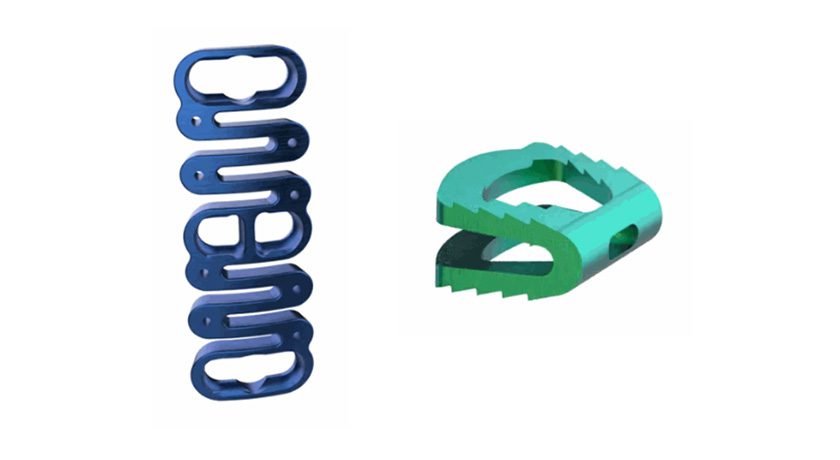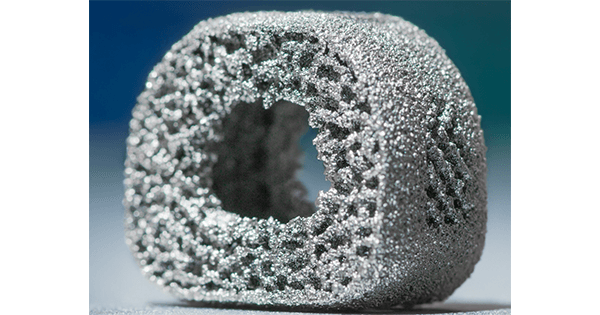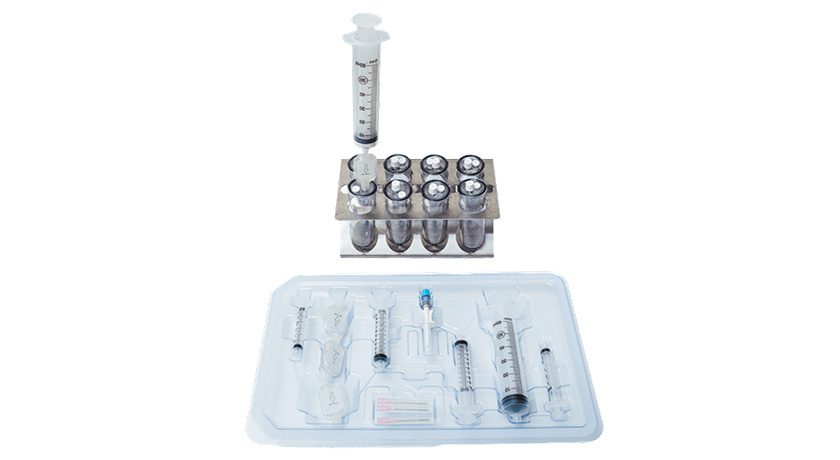

 Copy to clipboard
Copy to clipboard 
InGeneron announced the publication of a pivotal preclinical study, “Regeneration of Biomechanically Functional Tendon Tissue Following Injection of Uncultured, Autologous, Adipose-Derived Regenerative Cells [UA-ADRCs] into Partial Achilles Tendon Defects in Rabbits,” that provides robust evidence that InGeneron’s cell therapy restores functional tendon architecture.
This publication completes a decade-long body of work establishing the full mechanism of action for InGeneron’s therapeutic approach. In contrast to other cell therapy players, InGeneron is now the only company to have validated every step of its therapeutic hypothesis through peer-reviewed data:
- Cell Characterization: Demonstrated consistent and reproducible cellular composition of ADRCs across age, sex, BMI, and ethnicity
- In Vivo Regeneration: Proved functional tissue regeneration in animal models with histology and biomechanical testing
- Human Biopsy Evidence: Published first-in-human histological confirmation of tendon regeneration
- Clinical Trial Data: Showed statistically significant long-term pain and function improvements in partial-thickness rotator cuff tears
“This study confirms what we’ve set out to prove for years — that our therapy does not just alleviate symptoms, it restores tissue,” said Dr. Eckhard Alt, Founder and Executive Chairman of InGeneron and senior author of the study. “This is the kind of disease-modifying evidence that regenerative medicine has promised but rarely delivered.”
In the controlled study, partial-thickness Achilles tendon defects were surgically created in rabbits and treated with either saline or a single injection of freshly isolated UA-ADRCs. Animals treated with UA-ADRCs showed:
- Newly formed, organized tendon-like tissue
- Histologic and immunohistochemical signatures of true tendon regeneration rather than scar formation
- Significantly improved biomechanical viscoelasticity compared to sham-treated animals
Co-author Dr. Nicola Maffulli, a globally recognized expert in tendon biology, added:
The UA-ADRCs used in the study were isolated using InGeneron’s Transpose Ultra System, enabling same-day, point-of-care therapy. Unlike cultured or genetically modified therapies, InGeneron’s approach uses unmodified, freshly isolated autologous cells, preserving biological potency and improving safety.
Source: InGeneron
InGeneron announced the publication of a pivotal preclinical study, "Regeneration of Biomechanically Functional Tendon Tissue Following Injection of Uncultured, Autologous, Adipose-Derived Regenerative Cells into Partial Achilles Tendon Defects in Rabbits," that provides robust evidence that InGeneron’s cell therapy restores functional tendon...
InGeneron announced the publication of a pivotal preclinical study, “Regeneration of Biomechanically Functional Tendon Tissue Following Injection of Uncultured, Autologous, Adipose-Derived Regenerative Cells [UA-ADRCs] into Partial Achilles Tendon Defects in Rabbits,” that provides robust evidence that InGeneron’s cell therapy restores functional tendon architecture.
This publication completes a decade-long body of work establishing the full mechanism of action for InGeneron’s therapeutic approach. In contrast to other cell therapy players, InGeneron is now the only company to have validated every step of its therapeutic hypothesis through peer-reviewed data:
- Cell Characterization: Demonstrated consistent and reproducible cellular composition of ADRCs across age, sex, BMI, and ethnicity
- In Vivo Regeneration: Proved functional tissue regeneration in animal models with histology and biomechanical testing
- Human Biopsy Evidence: Published first-in-human histological confirmation of tendon regeneration
- Clinical Trial Data: Showed statistically significant long-term pain and function improvements in partial-thickness rotator cuff tears
“This study confirms what we’ve set out to prove for years — that our therapy does not just alleviate symptoms, it restores tissue,” said Dr. Eckhard Alt, Founder and Executive Chairman of InGeneron and senior author of the study. “This is the kind of disease-modifying evidence that regenerative medicine has promised but rarely delivered.”
In the controlled study, partial-thickness Achilles tendon defects were surgically created in rabbits and treated with either saline or a single injection of freshly isolated UA-ADRCs. Animals treated with UA-ADRCs showed:
- Newly formed, organized tendon-like tissue
- Histologic and immunohistochemical signatures of true tendon regeneration rather than scar formation
- Significantly improved biomechanical viscoelasticity compared to sham-treated animals
Co-author Dr. Nicola Maffulli, a globally recognized expert in tendon biology, added:
The UA-ADRCs used in the study were isolated using InGeneron’s Transpose Ultra System, enabling same-day, point-of-care therapy. Unlike cultured or genetically modified therapies, InGeneron’s approach uses unmodified, freshly isolated autologous cells, preserving biological potency and improving safety.
Source: InGeneron

You are out of free articles for this month
Subscribe as a Guest for $0 and unlock a total of 5 articles per month.
You are out of five articles for this month
Subscribe as an Executive Member for access to unlimited articles, THE ORTHOPAEDIC INDUSTRY ANNUAL REPORT and more.
JV
Julie Vetalice is ORTHOWORLD's Editorial Assistant. She has covered the orthopedic industry for over 20 years, having joined the company in 1999.


